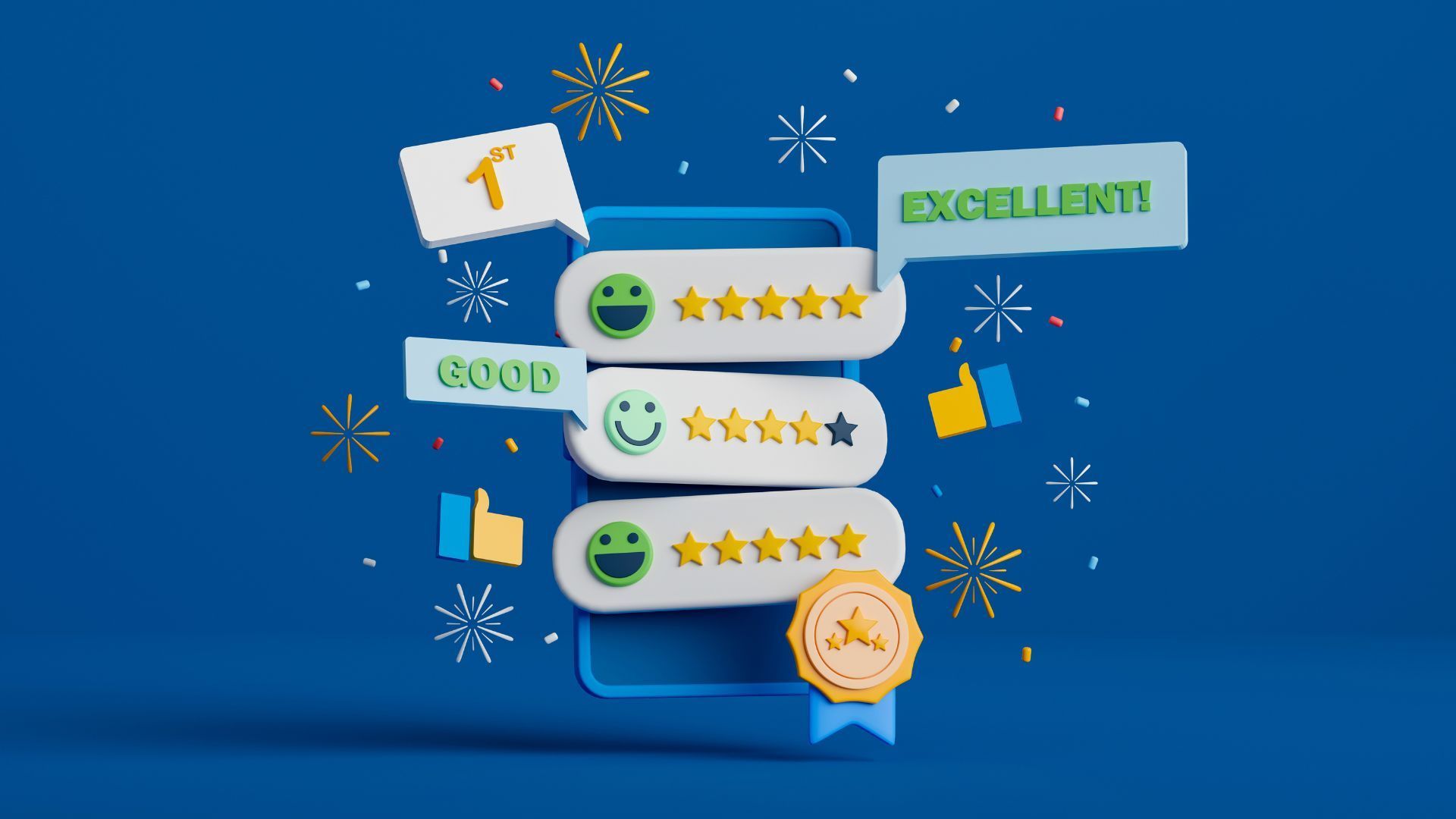Apple vs. Windows for Business
Apple vs. Windows for Business: Choosing the Right Tool for the Job

Choosing the right computer system for your business is a crucial decision. Two major players dominate the market: Apple and Windows. Each offers distinct advantages and disadvantages, making the "better" option highly dependent on your specific needs and priorities.
Here's a breakdown of key factors to consider when deciding between Apple and Windows for your business:
1. Cost:
- Apple: Apple computers generally have a higher initial cost compared to Windows machines with similar specifications.
- Windows: Windows PCs offer a wider range of price points to fit various budgets.
2. User Interface and Experience:
- Apple: Apple devices are known for their user-friendly interface and intuitive design, making them easy to learn and navigate, even for non-technical users.
- Windows: Windows 11 offers a cleaner and more user-friendly interface compared to previous versions, but it can still have a steeper learning curve for some users, especially those unfamiliar with the operating system.
3. Hardware and Software Compatibility:
- Apple: Apple builds both the hardware and software for its devices, resulting in excellent integration and seamless performance. However, this can limit your hardware upgrade options and software compatibility.
- Windows: Windows PCs offer greater hardware and software flexibility. You can choose from various manufacturers and customize your hardware components. However, this can sometimes lead to compatibility issues between different components or software programs.
4. Security:
- Apple: Apple is generally considered to have stronger built-in security features compared to Windows. However, no system is entirely foolproof, and good security practices are essential for both platforms.
- Windows: Windows has made significant improvements in security in recent years, but it's still essential to implement additional security measures to protect your business data.
5. Software Availability:
- Apple: While popular business software like Microsoft Office is available on Mac, some industry-specific software programs might only be compatible with Windows. This is crucial to consider if your business relies on specialized software.
- Windows: Due to its wider market share, Windows offers a broader selection of business-specific software applications compared to Mac.
Here's a quick summary to help you decide:
- Choose Apple if:
- User-friendliness and design are top priorities.
- You value strong built-in security features.
- Your business primarily relies on Apple-compatible software.
- Choose Windows if:
- Cost is a major concern.
- You need greater hardware and software flexibility.
- Your business relies on specialized software only available on Windows.
Ultimately, the best choice depends on your specific needs and priorities. Carefully evaluate your business requirements, budget, and software needs before making a decision. Additionally, consider factors like existing IT infrastructure and employee familiarity with each platform to ensure a smooth transition and optimal business productivity.



